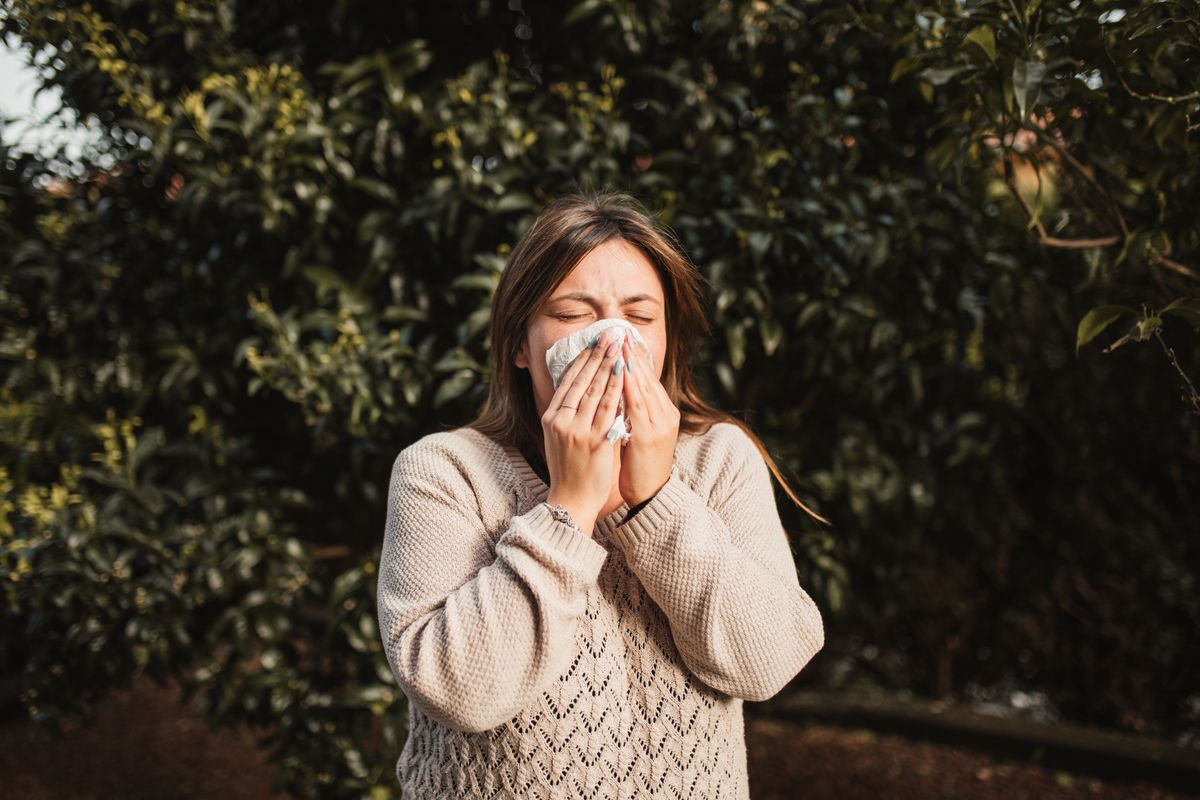Chills are a common experience that humans feel regularly. Still, it's important to know why your body is reacting in a particular way, whether the chills are occurring due to an external factor or an internal one since they can be one of the ways in which our bodies alert us to stressors.
 © Getty Images
© Getty Images
"Chills are involuntary movements caused by the fast contraction of your muscles. They're mainly a normal and evolutionary physiological response to cold. When the temperature drops below a certain level, the body tries to keep its warmth by closing the skin's pores. The muscles contract, also to preserve heat. They're necessary for our survival," explains the doctor Caetana Varela.
"This process doesn't occur in babies, who respond to cold by burning their fat more easily through a thermogenesis process, which is why a shivering baby is always a reason why people should go to the doctor."
 © raquel arocena torres
© raquel arocena torres
Are chills frequent?
Varela explains that it's important for adults to keep an eye on their bodies, especially if they experience chills when it's not cold or on a regular basis. This could be a suggestion of problems our bodies are having regulating temperature.
Here are some of the most common explanations behind chills:
- Feeling cold regularly can be an indication of your thyroid not working properly.
- Chills can be a symptom of infection and can be a manifestation of your body's natural response when battling a virus.
- It's common to experience chills when there's a problem regulating blood sugar levels. This could be related to diabetes.
- Secreting adrenaline or other hormones during moments of stress can make our muscles contract, also resulting in chills.
- Issues like anemia, tiredness, the use and abstinence of drugs, a poor diet high in toxins can also result in chills.
Don't confuse chills with tics or shaking
It's also important to know the differences between chills and tics or other types of movements. "Tics and movements that are prompted by muscle contractions can be prompted by a variety of things, like caffeine, neurological diseases, epilepsy, Parkinson's, and more.
Listen to your body
As always, it's key to listen to your body and develop an understanding of it. Knowing why your body is reacting the way it is requires us to be very careful and minute with ourselves, so, when in doubt, a trip to the doctor is your best choice.
 © Istock
© Istock
 2 hours ago
3
2 hours ago
3

)



/cdn.vox-cdn.com/uploads/chorus_asset/file/25290355/STK048_XBOX_A.jpg)



/cdn.vox-cdn.com/uploads/chorus_asset/file/23270003/vpavic_220210_5030_0054_Edit.jpg)








 English (US) ·
English (US) ·